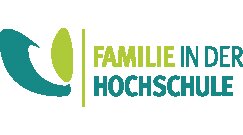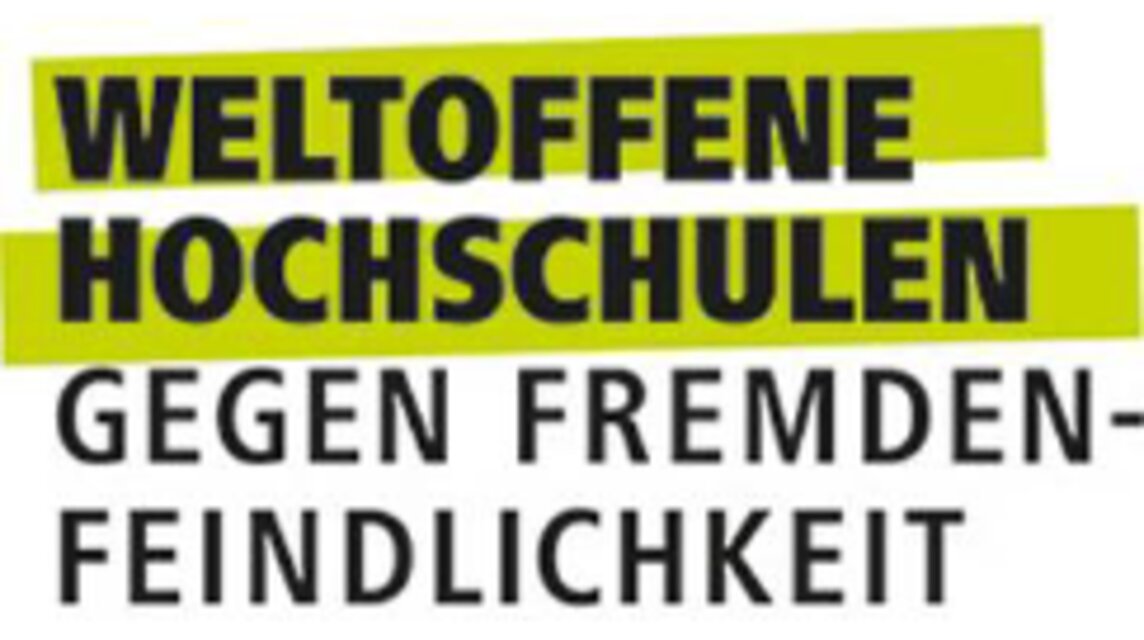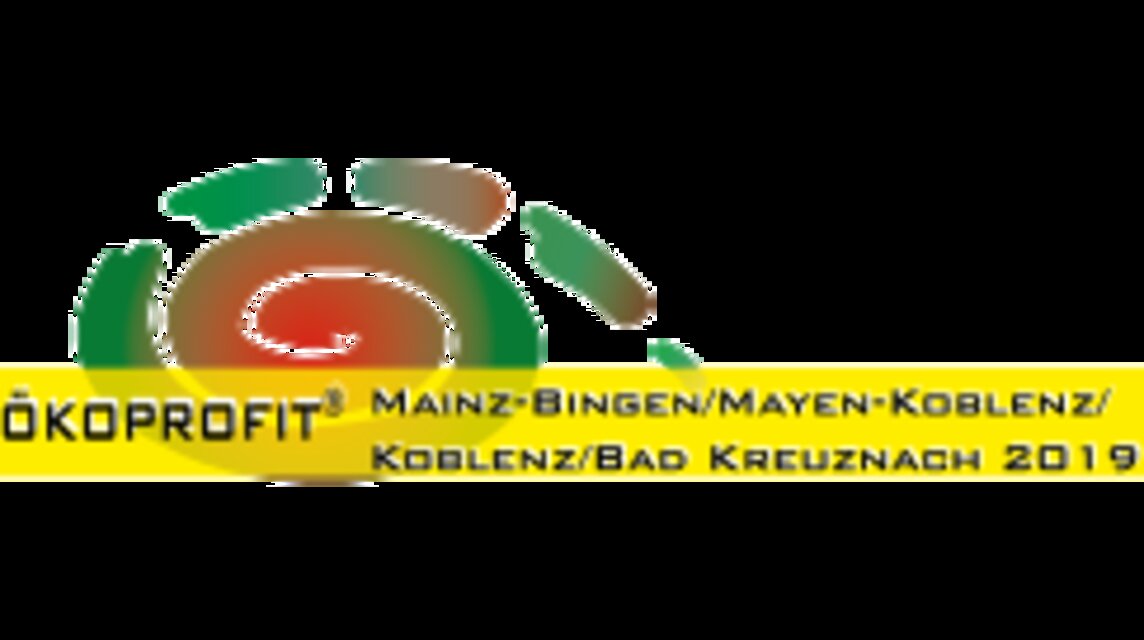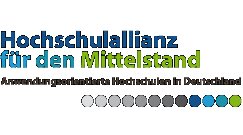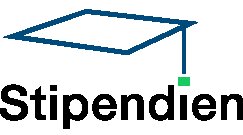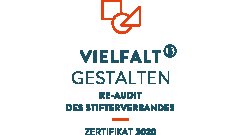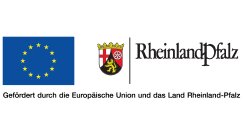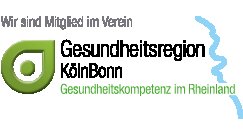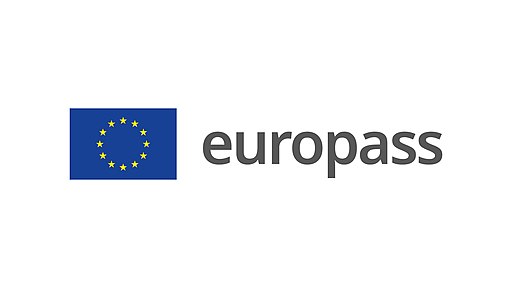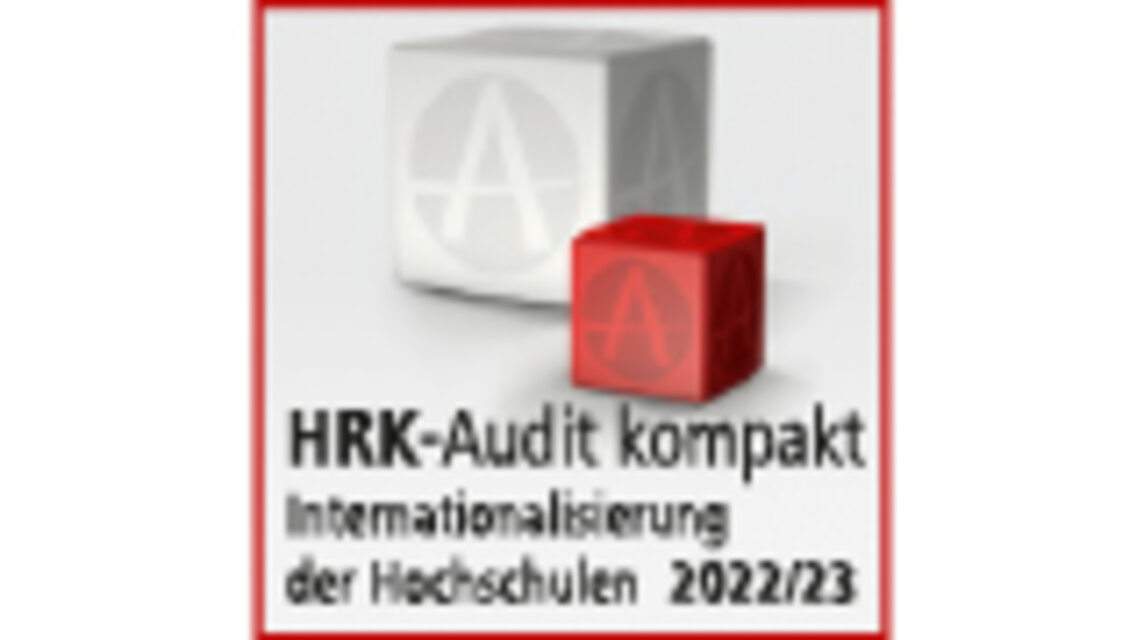Univ. of Latvia (LV)
Lectures, seminars and examinations in a Latvian management course, summer term 2012 at the University of Latvia in Riga
“Sveiki! Mani sauc Patricia Grah. Es esmu no Vãcijas“ - that means something like "Hello, my name is Patricia Grah and I am from Germany." The enthusiasm among the students of the management course in Latvia was great when they found their own language on the very first slide of my lecture “Innovation and Competence Management”. Admittedly, as an internationally raised and culturally interested person I always try to build bridges between cultures of different languages. However, these were the only words of Latvian, which I – according to the students - actually pronounced perfectly. And that's just because I asked in English the previous day someone in the park exactly these words and took notes of the phonetic spelling. Otherwise, of course, English was the language to communicate during my stay. Whether at university or in public life on the street, in restaurants or in stores: Even very young Latvians master the English language almost without an accent.
As a graduate of the University of Siegen and a lecturer at the University of Applied Sciences of Koblenz, RheinAhrCampus Remagen, Riga was my first choice to hold lectures and seminars abroad, because both German universities made the University of Latvia in Riga their partner university. I was able to combine teaching and research and also advertise for studies at a German university.
In the above-mentioned management course I was able to continue to improve existing learning content. This academic subject matter, about which I already informed myself in Germany during the preparation of my lectures for Riga were, for example, leadership style, management efficiency, decision making process, management goals, organizational change, communications and management functions. My own lecture focused on the question, how to develop successfully a viable and sustainable business in consideration of current success factors in innovation management and competence in dealing with and along the supply chain. I took the students with me on a journey to discover new management areas such as the management process of innovation, factors of success, lead user search, open innovation and management of knowledge and competences. It was important to me, above all, that the knowledge obtained from previous semesters would be integrated into my lectures and to enrich the students` knowledge with new ideas. Important for me was as well to integrate this new knowledge into my accompanying seminar a few days later. It should not stay at a presentation of research results. Even in my seminar the illustration and the personal benefit of the students was an important concern. What was more, as to investigate an internationally successful and well known company of the Rhineland, which they knew? I decided during my preparations for HARIBO as a company with a very innovative product and its constant adaptation to fast changing international markets. Using film and other documentation material, the students then were faced with the task to analyze corporate areas such as procurement, production, marketing, sales and international networking and partnerships. The question was, how a company has made it over now 4 generations of continuous innovation but also traditions to experience such a customer loyalty worldwide. The Haribo extensive range of products I brought from Germany caused not only surprise but contributed to the appropriate incentive and motivation to enter into the depths of the company.
During my stay in Riga at the university I had the opportunity to assist in another highlight, namely an exam situation: students presented in the management course due to their acquired knowledge their own imaginary but realistic businesses, including business plans and ideas. Contents were e.g. the opening of a reading-cafe in the Riga city center, or the sustainable production of organic strawberries, including marketing, human resources, sales, finance and break-even.
At this point, a few words about Riga: Riga, together with the city of Umea in Sweden, will be the cultural capital of the year 2014. The entire downtown area has been restored and beautified in recent years, which is actually managed well. Fresh paint on Art Nouveau buildings decorate some street lines, cruise ships are in port of the city, and the upcoming season was ushered straight in front of the restaurants and cafes with the construction of wooden terraces on the sidewalks. Latvia is an EU country, where, however, the Euro has not yet been adopted. Behind the station, one finds the original life. Here is the cover on the Riga central market with all kinds of useful things, and it provides an idea of how life must have been to Riga before Perestroika.
I would be happy to return for another teaching assignment; the offer was made by the University of Riga already. I would love to represent our university and the opportunities for Latvian students to study in Germany. I hope that my first visit has aroused some interest in Germany and a study stay in the Rhineland, so that the first Latvian students will find their way here.
Patricia Grah
Lecturer





